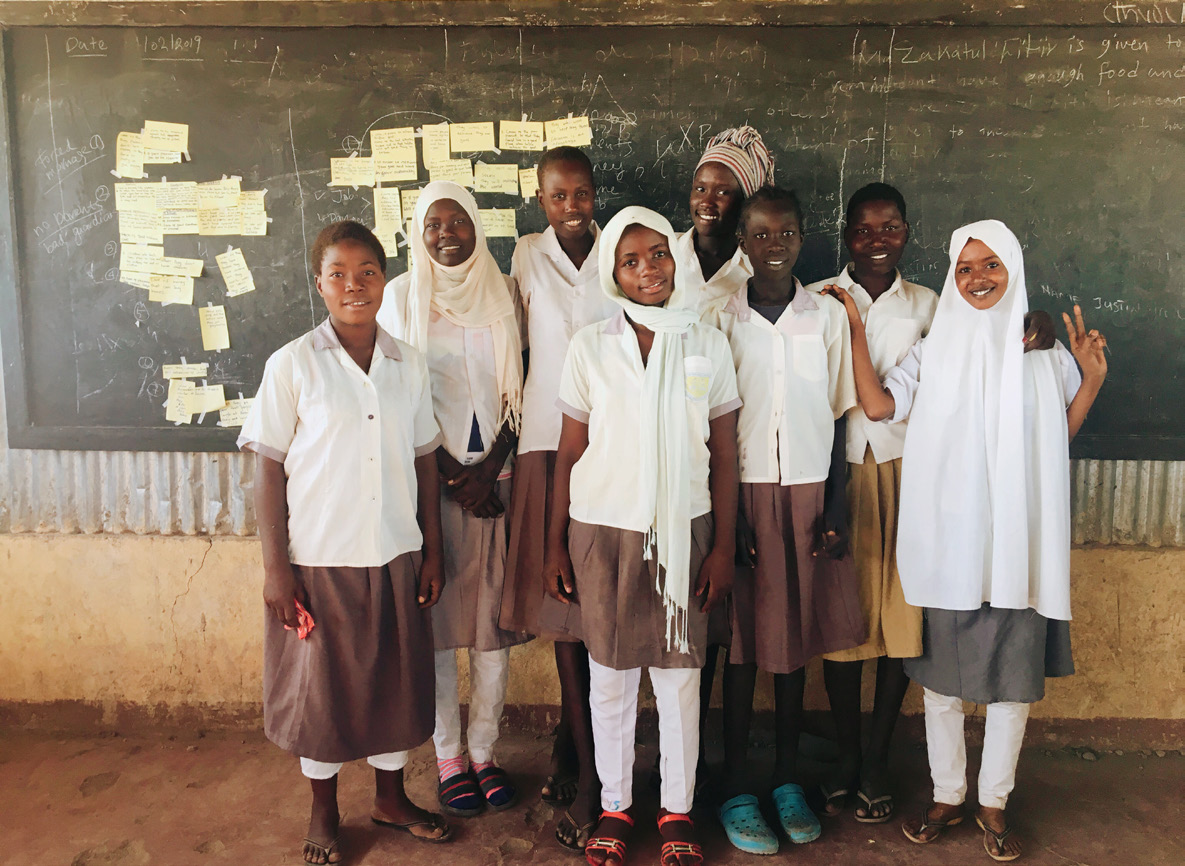Jihae Cha is an EdD candidate in IED
The world is witnessing the highest level of forced displacement of people since World War II. The United Nations High Commissioner for Refugees (UNHCR) predicts that more than half of an estimated 25 million refugees internationally are children under the age of 18 (UNHCR, 2018), and approximately four million school-aged refugees are out of school. Scholars assert that some children fail to enroll in school at all; others have received some schooling but never completed basic education (Al-Hroub, 2014). Despite global commitments to support those ‘left behind,’ many school-aged refugees have left school— temporarily or permanently, voluntarily or forcibly—for a myriad of reasons. Whether during displacement or upon resettlement, refugees encounter macro- and micro-level challenges in getting an education, including overcrowded classrooms, irrelevant curriculum, inappropriate language of instruction, and didactic teaching styles, to mention a few (Dryden-Peterson, 2015; Kanu, 2008; McBrien, 2005).
Despite these overwhelming challenges and an unpredictable future in exile, some refugee youth have successfully navigated educational pathways, often owing to academic, emotional and financial support from individuals, families, communities, and those trying to support them. However, there is a paucity of research that examines the factors that contribute to refugees’ successful educational pursuits. My dissertation research seeks to take a balanced approach to examining the linkages between refugee children’s school persistence and dropout, and the different factors in refugees’ new and existing ecological systems that contribute to their academic performance in displacement. Recognizing the influential roles that conflict and displacement play in shifting people’s ecological systems, I draw on a refugee ecological systems framework by Dryden-Peterson et al. (2017) to closely examine the school experiences of children in refugee camps.
My data collection will take place from late February to July 2019 in Kakuma Refugee Camp in Kenya, one of the world’s largest refugee-hosting countries. Over the course of six months, I will conduct focus groups, surveys, and in-depth interviews with both in-school and out-of-school children and youth in the camp. By critically analyzing the factors that restrict or promote refugees’ school persistence, this study aims to contribute to ongoing dialogue and policy-making around the issues of access, quality, and well-being in refugee education. While my research investigates the case of refugees in Kenya, I hope that the findings of this study will directly contribute to the work of those who provide ongoing development and support to refugee education in displacement, and potentially to those working with marginalized populations in non-conflict settings.
